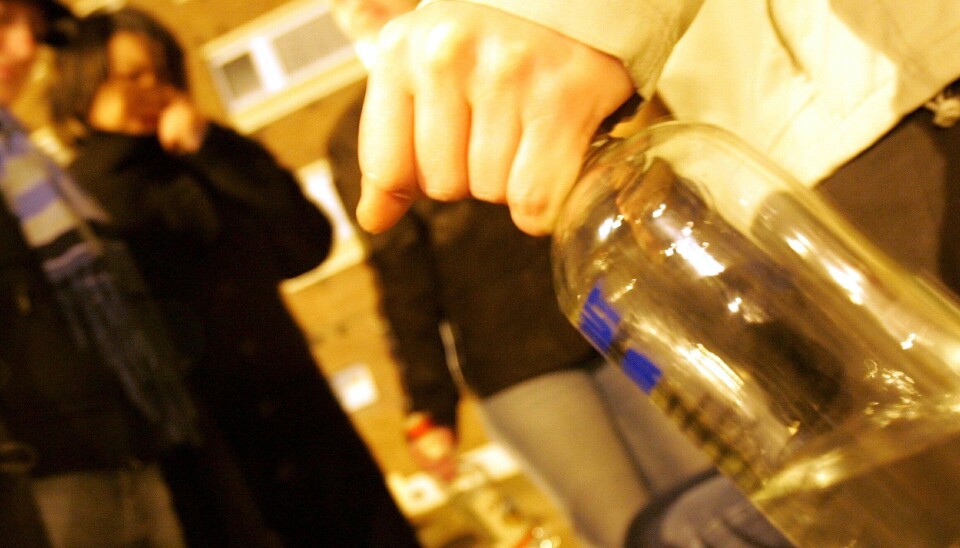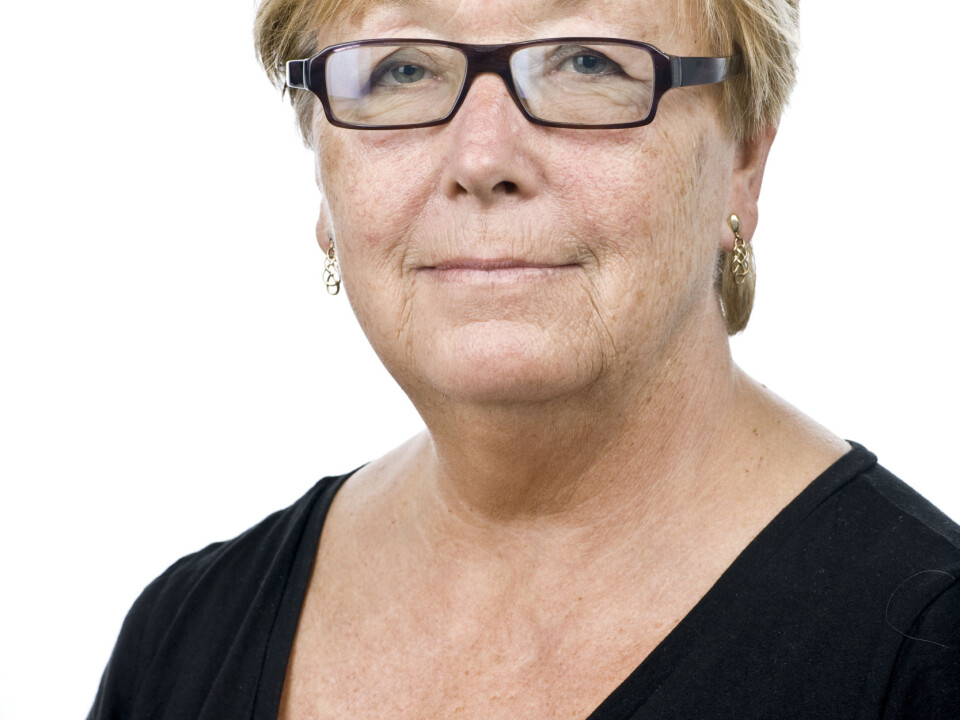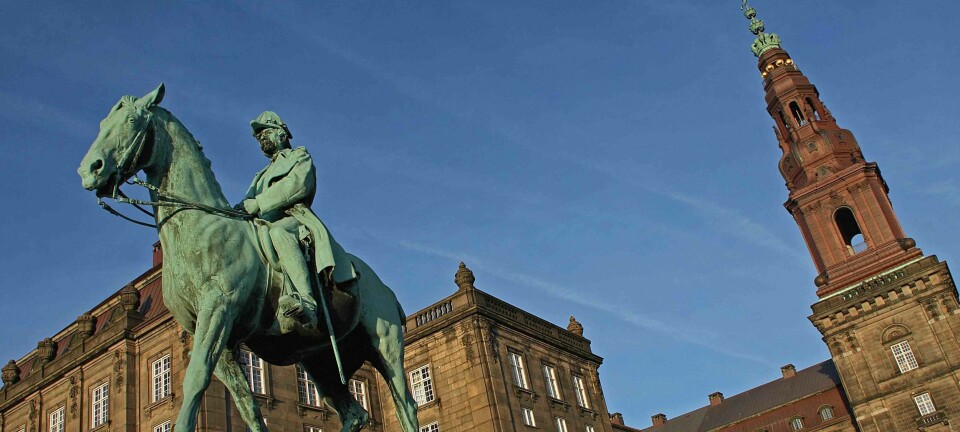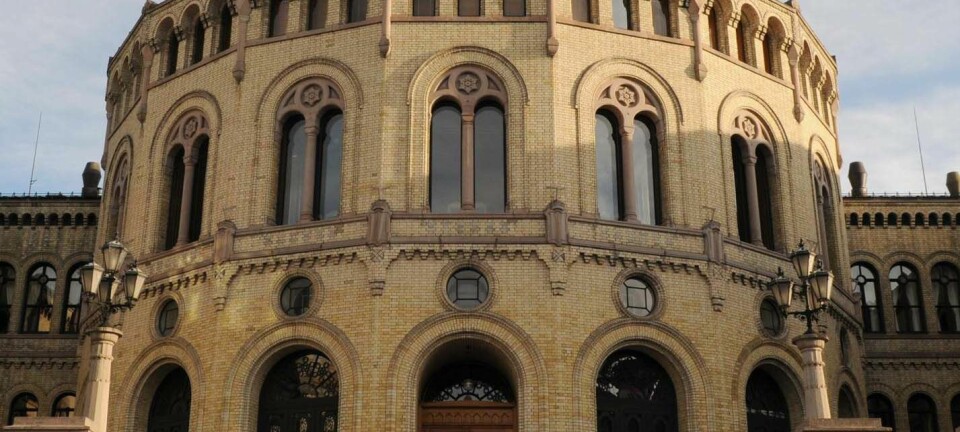
Hard for local authorities to revoke alcohol licenses
Local politicians and clerks risk trouble in their community when they attempt to enforce alcohol laws. Researchers think one solution would be for the state to give municipalities less leeway.
Denne artikkelen er over ti år gammel og kan inneholde utdatert informasjon.
“Norway has outstanding alcohol legislation. If the letter of the law were followed many of the alcohol-related injuries we see today would be avoided. So why aren’t the laws respected?”
This question is posed by Bergljot Baklien and Øystein Skjælaaen at the Norwegian Institute for Alcohol and Drug Research (SIRUS) in a recently published study.
Don’t want to moralise
Norwegian statutes forbid bars and restaurants from serving alcohol to patrons who are obviously drunk or who could clearly become so if served another glass.
Prohibiting people from getting pickled in bars would probably contribute effectively to lower violent crime statistics and prevent self-induced injuries related to immoderate drinking.

In Norway the national government lays down the guidelines and general legislation for alcohol policies, including high alcohol taxes and restricting retail sales of wine and spirits to state liquor stores. But some restrictions and the enforcement of them are the providence of municipalities.
This can be a dilemma in small towns and communities where everyone knows everyone else.
The civil servant with the authority to revoke permits to sell alcoholic beverages when laws are broken is likely to be a neighbour, relative or acquaintance of the pub or restaurant owner.
“What we see happening is that the clerk takes a lenient stance: ‘Is this really such a big deal?’," says Baklien "Politicians and municipal civil servants saddled with the responsibility don’t want to point their fingers and act as moralists. They wish to be perceived as tolerant and jovial, not as party-poopers.”
Between a rock and a hard place
According to Baklien, municipalities are caught between a rock and a hard place when it comes to interpreting alcohol statutes.
“Our impression is that infringements have to be rather severe before a public house loses its license as a result of breaking the law," says Baklien.
"Statutes give municipalities the right to penalise, but in local communities it can be very awkward to react as firmly as they should”.
Going the rounds with inspectors
Baklien and Skjælaaen have interviewed local politicians, inspectors and others whose jobs involve enforcement.
They accompanied inspectors going the rounds at bars to see how they really work. They also analysed material from an annual questionnaire regarding the enforcement of alcohol laws in all of Norway’s municipalities.
“Our impression is that inspectors often set the bar pretty high," says Baklien. "A lot has to happen before they’ll issue a report of infringements. But they are also frustrated, because they see the reports they do write rarely lead to any consequences.”
No equal treatment
If a Norwegian snack bar is caught breaking hygiene laws by inspectors from the Norwegian Food Safety Authority, it's shut down immediately. If you are caught driving under the influence of alcohol you will be penalised in accordance with your blood alcohol levels.
But violating the laws that regulate the public serving of alcohol is another matter.
“In one municipality a third violation of the law will only lead to a three-day revocation of a license. In a neighbouring municipality the same infringement yields a three-month revocation.
People would certainly be up in arms if there were different penalties for driving under the influence from one municipality to the next,” says Baklien.
The researcher thinks municipalities could gain a lot from letting the state be the scapegoat and bear the brunt:
“Some central guidelines should be issued detailing sanctions for breaking the law, giving municipalities less discretion of their own.
“Politicians should understand that stronger state supervision will be beneficial and they can blame the state when the public complains about the crackdown,” concludes Baklien.
Reference:
B. Baklien and Ø. Skjælaaen (2012) Loven, fylla og kommunene. Tidsskrift for samfunnsforskning 01/2012, pp 4-32 (Summary, Norwegian only)
Translated by: Glenn Ostling

































